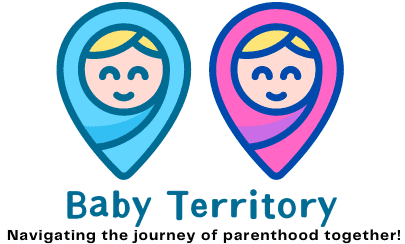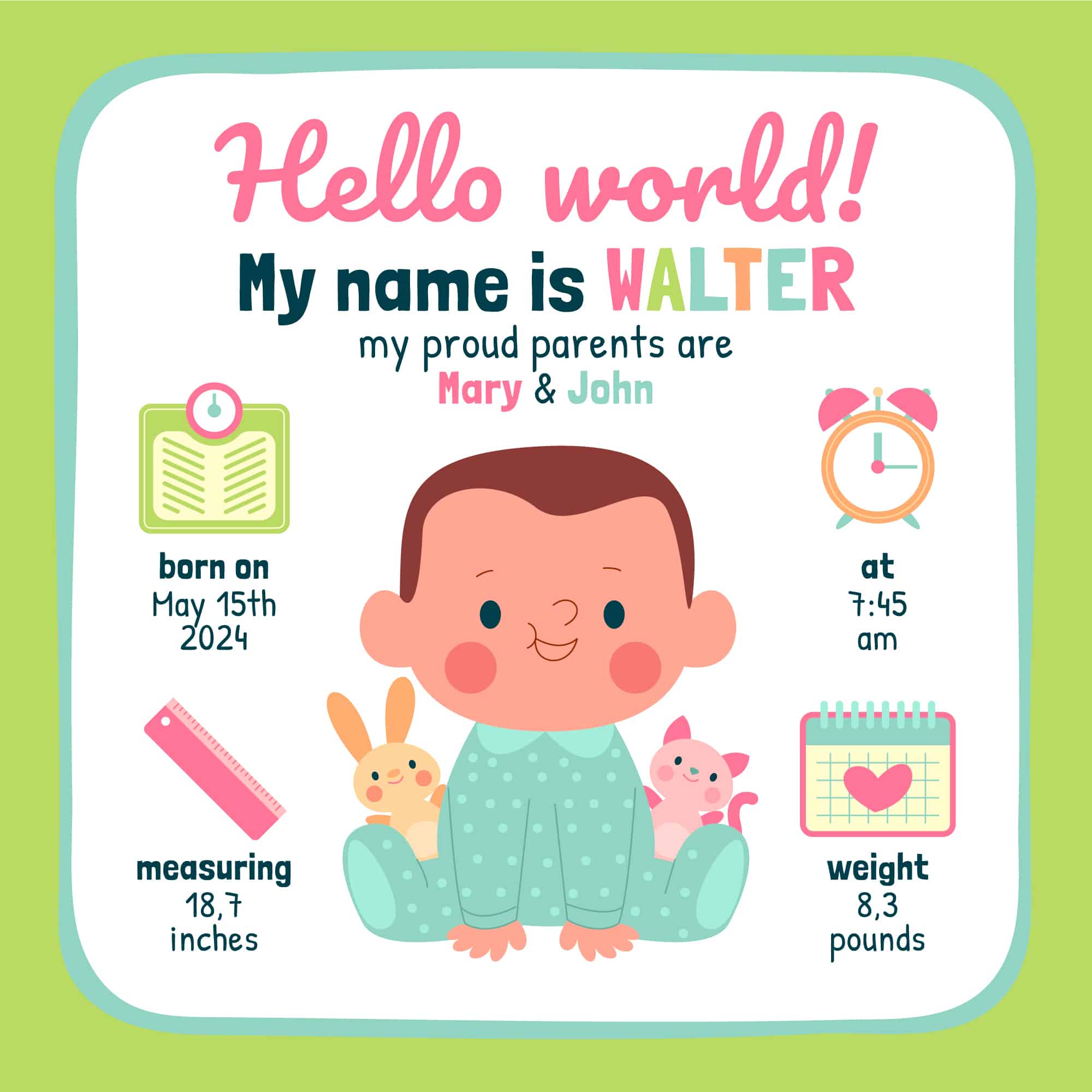The journey of baby development is fascinating and filled with milestones that pave the way for the growth and maturity of your little one. As a parent, understanding the stages of baby development is essential as it helps you anticipate their needs and milestones. In this guide, we’ll delve into the key stages of development, ranging from newborn to 12 months.
From Newborns to 3 Months: A Time of Rapid Growth
During the first three months of life, babies are mostly about eating, sleeping, and crying. However, amid these primary activities, they are also quickly developing crucial skills. Gradually, you’ll notice that your baby can start recognizing faces, following movements with their eyes, and even start smiling back at you. This stage is all about nurturing your baby’s basic senses. For a more detailed look at this stage, the American Academy of Pediatrics provides a comprehensive guide.
Adventures of the 4 to 6 Months Stage
The stage between 4 and 6 months is a time of rapid development and discovery for your baby. You’ll observe them becoming more interactive. They start to babble, responding to their names, laughing, and can usually roll over from front to back. Also, you may notice your baby reaching for objects, indicating the development of hand-eye coordination. This stage is an exciting time as your baby begins to exhibit a more pronounced personality.
Understanding Baby Development: 7 to 9 Months
In this stage, babies become increasingly mobile. Your little explorer may start crawling, sitting without support, and some might even start pulling up to a standing position. They also begin to understand object permanence, realizing that things exist even when they can’t see them. This cognitive leap helps babies make sense of the world around them.
The Final Stages of Baby Development: 10 to 12 Months
As your baby advances towards the end of their first year, you’re in for exciting times. Many babies start taking their first unsteady steps. They can usually say a few simple words like ‘mama’ or ‘dada’ and understand basic instructions. Additionally, they may also show preferences for certain people or toys, indicating their growing memory and awareness.
Remember, every child is unique and develops at their own pace. These are just general guidelines. It’s always best to consult your pediatrician if you have concerns about your baby’s development. They can provide you with personalized advice and assurance based on your baby’s growth pattern.





